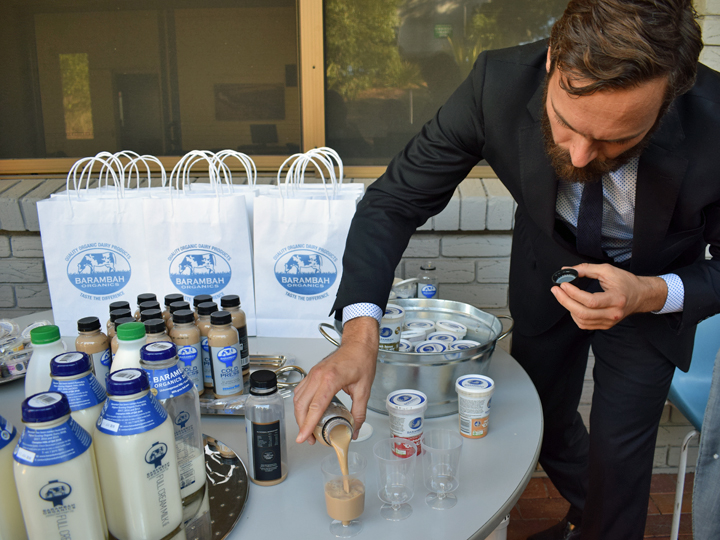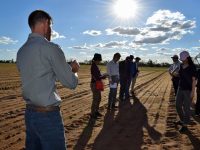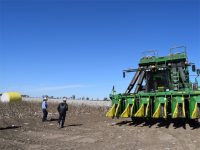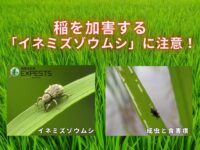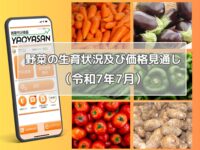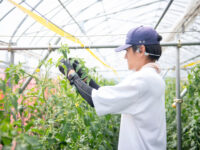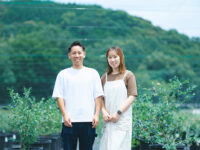Australia, the World’s Largest Organic Producer
If you think about food certification, the first thing to come to mind is probably certified organic. Even in Japan it is now relatively common to see organically certified foods about the place. Certification standards differ from country to country, however the increase in demand for food products that are either 100% organic or grown with lower levels of pesticide is definitely a global trend (*1).
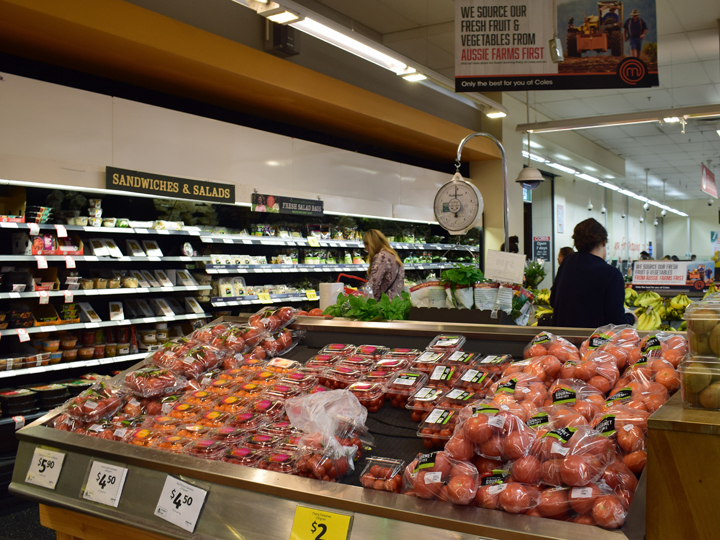
Consumer awareness of organic products is also high in Australia, with the size of the domestic organic market (Australian made) sitting at around A$2.4B in 2017, an approximately 88% increase on 2012 predictions (*2). Organic crops are cultivated on over 35M hectares of land in Australia, making it home to the largest organic agricultural area in the world (*1).
As expected, there are many different types of organic products in agricultural industry leader Australia. From beef, vegetables and fruit to dairy products and cereals, the country even produces organic cotton. From 2009 to 2017, the number of organic businesses in Australia grew from 2,986 to 4,028. While many of these businesses are growers, organic processors and manufacturers are growing in number (*2) and further increased market activity is predicted going forward.
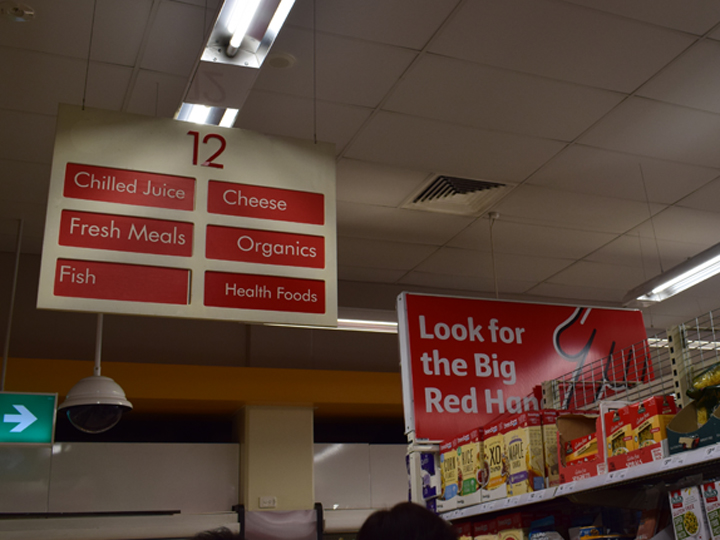
Queensland producers are growing organic crops in response to demand both domestically and overseas.
Toowoomba nut producer and retailer “Stahmann Farms” has an 87% share of the domestic Australian pecan nut market (*3) and all their nuts are organically cultivated. The Chinese organic market has been experiencing remarkable growth in recent years and, for Stahmann Farms, it forms the core of a successful export business to the Asian region.
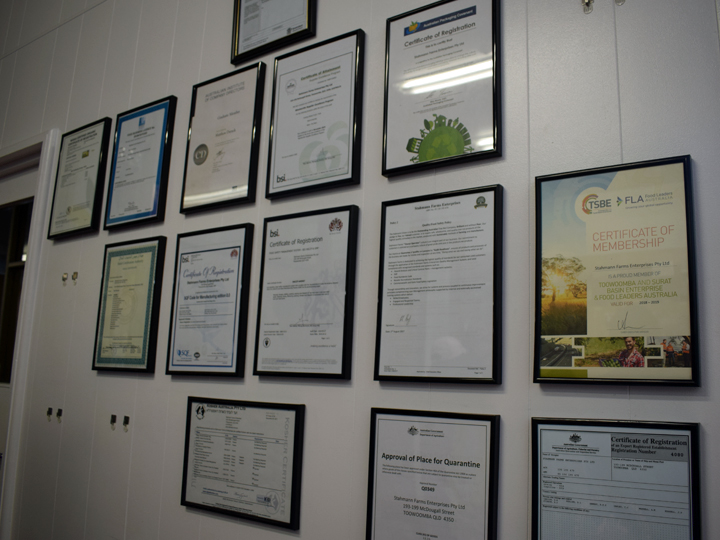
Certification certificates line this wall, including certified halal, which is also receiving attention in Japan in recent years
“Coolmunda Olive Grove” in Inglewood manages an organic olive orchard. The olives harvested from trees that cover the 28ha plantation are sold exclusively to domestic retailers and only through direct contracts. Olives are widely eaten as part of a regular diet in Australia, and the business finds producing for the domestic market sufficient without turning to exporting.
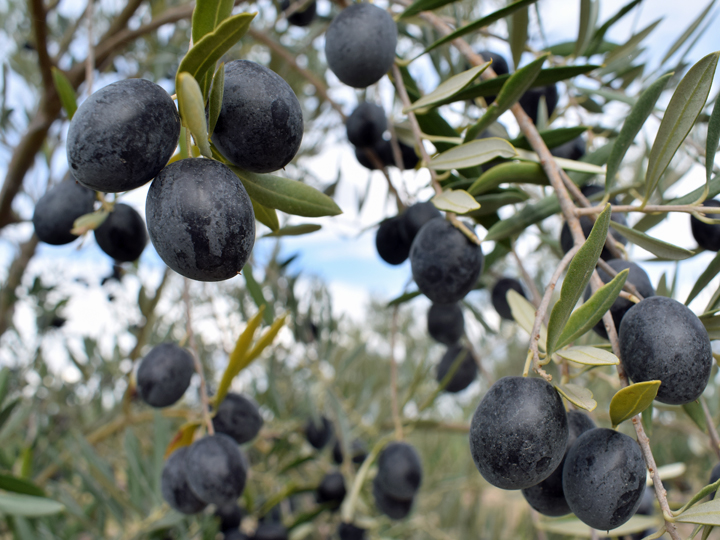
Olives at “Coolmunda Olive Grove”

Coolmunda employee “Anne” – the company also turns its olives into a variety of processed goods
How Consumer Interest in Food Creates a Variety of Value Adding Opportunities
As people’s awareness around food safety and health has increased, this has in turn given rise to a variety of certifications other than organic. For this article we have chosen two to expand on.
Gluten Free Food
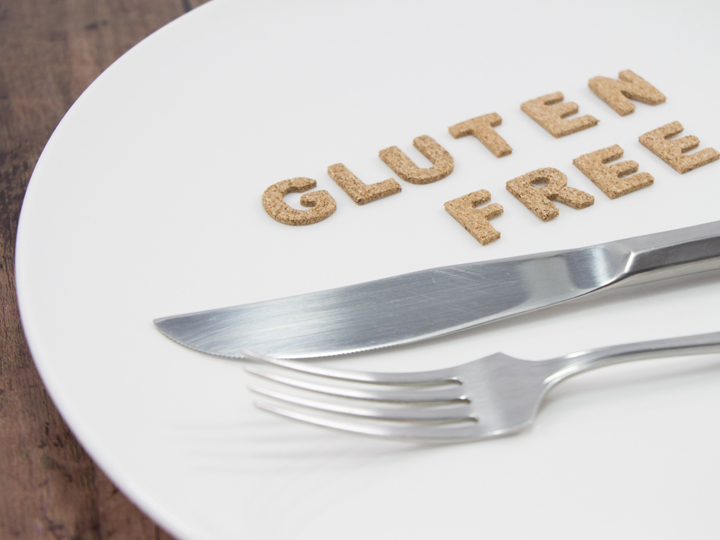
Gluten is a type of protein found in wheat or barley. It is what adds elasticity or stickiness to wheat when you mix it with water.
Found in bread, pasta, snacks and other common foods, many people ingest gluten as a component of their food on a daily basis. However, some people’s bodies have difficulty processing gluten, which can lead to bowel issues such as constipation or, conversely, diarrhoea, and even an allergic reaction in some. Including people without obvious symptoms and those with mild symptoms, it appears the number of people who have a hypersensitivity to gluten is increasing every year.
Japan does not have any clear criteria for symptoms of gluten allergy, and gluten free products are rarely seen in the country. However, research shows that 1% of Australia’s population show an allergic reaction to gluten (*4), and supermarkets stocking gluten free foods are becoming more and more prevalent.
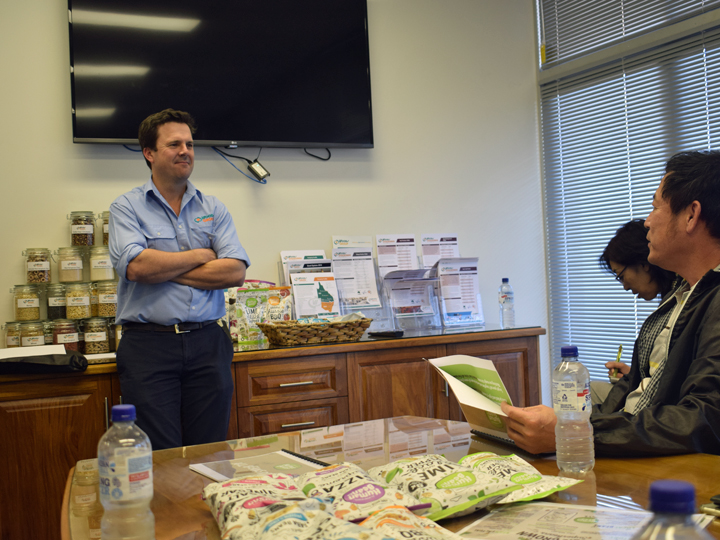
Some popular gluten free products can be seen here in the foreground of this picture
“Human Bean Co” in Goondiwindi is a producer and retailer of gluten free snacks. Responding to a consumer request for healthy products, the company developed a hugely popular fava bean snack in cooperation with a local university research institute. The product is now stocked by Australia’s largest supermarket chains.
Something to note is that rice flour is gluten free so it would stand to reason that there is a need for rice flour and related processed products.
HACCP Certification
HACCP is an acronym for Hazard Analysis Critical Control Points and describes a risk management tool used to maintain food safety during production. Japan passed a bill in 2018 requiring businesses to adopt HACCP so there are probably many people who already know about it.
As HACCP is an international certification system, it is necessary when trading food internationally. With its prosperous export industry, Australia introduced HACCP requirements for dairy, seafood and meat products for export in 1992, and there is also a wide uptake for vegetables and other products.
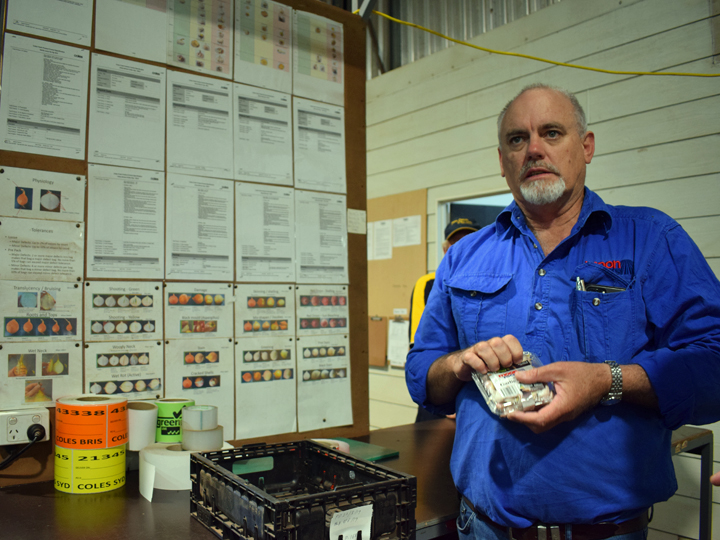
The workshop of “Moon Rocks”, a company that possesses some of the best arable land in Queensland – posters and boards with operation guidelines are visible everywhere
Using Certification to Add New Value
During the visit we found that certification by public certification authorities carries much weight with consumers in Australia. In Japan, there is an emphasis on information about the growers, the face behind the product, or Japan-made produce, so many may not feel the need for certification.
When the time comes for Japan to look overseas due to the future shrinking of the domestic market, the names of these various certifications that satisfy specific consumer needs are sure to become important key words. We hope that the information in this article on both Australian and global trends may have given you some insights into what is to come.
In our next and final article, we will focus on Australia’s drought issues and the producers facing up to the challenges drought presents.
※1 Cited from FiBL “World of Organic Agriculture” 2019.
※2 Cited from “AUSTRALIAN ORGANIC MARKET REPORT 2018”.
※3 Figures published by Stahmann Farms.
※4 Cited from “Screening for coeliac disease using anti-tissue transglutaminase antibody assays, and prevalence of the disease in an Australian community(2009)”.
For further information:
The effects of going gluten free on the body(Japanese only)
Ministry of Health, Labour and Welfare HACCP-related site

